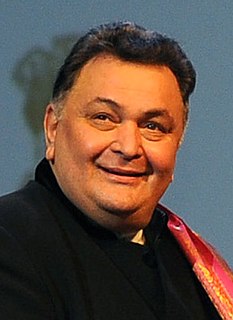A Quote by Greg Graffin
One of the things that all religions have is a narrative of doomsday. There has to be some kind of overarching fear of the future. If there wasn't, none of the religions could invoke this important thing - that science has no evidence of, by the way - called free will.
Related Quotes
All religions are not the same. All religions do not point to God. All religions do not say that all religions are the same. At the heart of every religion is an uncompromising commitment to a particular way of defining who God is or is not and accordingly, of defining life's purpose.
Anyone who claims that all religions are the same betrays not only an ignorance of all religions but also a caricatured view of even the best-known ones. Every religion at its core is exclusive.
An important advance in the life of a people is the transformation of the religion of fear into the moral religion. But one must avoid the prejudice that regards the religions of primitive peoples as pure fear religions and those of the civilized races as pure moral religions. All are mixed forms, though the moral element predominates in the higher levels of social life. Common to all these types is the anthropomorphic character of the idea of God.
All religions have some truth in them, but none has the whole truth; all are created in time and finally decline and perish. Mahomed himself never pretended that the Koran was the last message of God and there would be no other. God and Truth outlast these religions and manifest themselves anew in whatever way or form the Divine Wisdom chooses.
The way of presentation is different according to each religion. In theistic religions like Buddhism, Buddhist values are incorporated. In nontheistic religions, like some types of ancient Indian thought, the law of karma applies. If you do something good, you get a good result. Now, what we need is a way to educate nonbelievers. These nonbelievers may be critical of all religions, but they should be decent at heart.
After a study of some forty years and more of the great religions of the world, I find none so perfect, none so scientific, none so philosophic, and none so spiritual as the great religion known by the name of Hinduism. The more you know it, the more you will love it; the more you try to understand it, the more deeply you will value it
If we live in our oneness-heart, we will feel the essence of all religions, which is love of God. But if we live in the mind, we will only try to separate one religion from another and see how their ideologies differ. It is the heart that can have a true intuitive understanding of the height and breadth of all religions. It is the heart that sees and feels the inner harmony and oneness of all religions.
True religion has a universal quality. It does not find fault with other religions. False religions will find fault with other religions; they will say that theirs is the only valid religion and their prophet is the only saviour. But a true religion will feel that all the prophets are saviours of mankind.



































